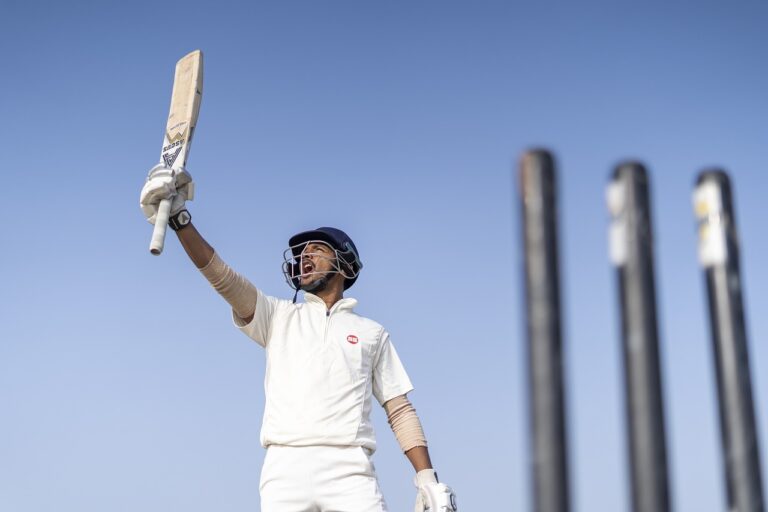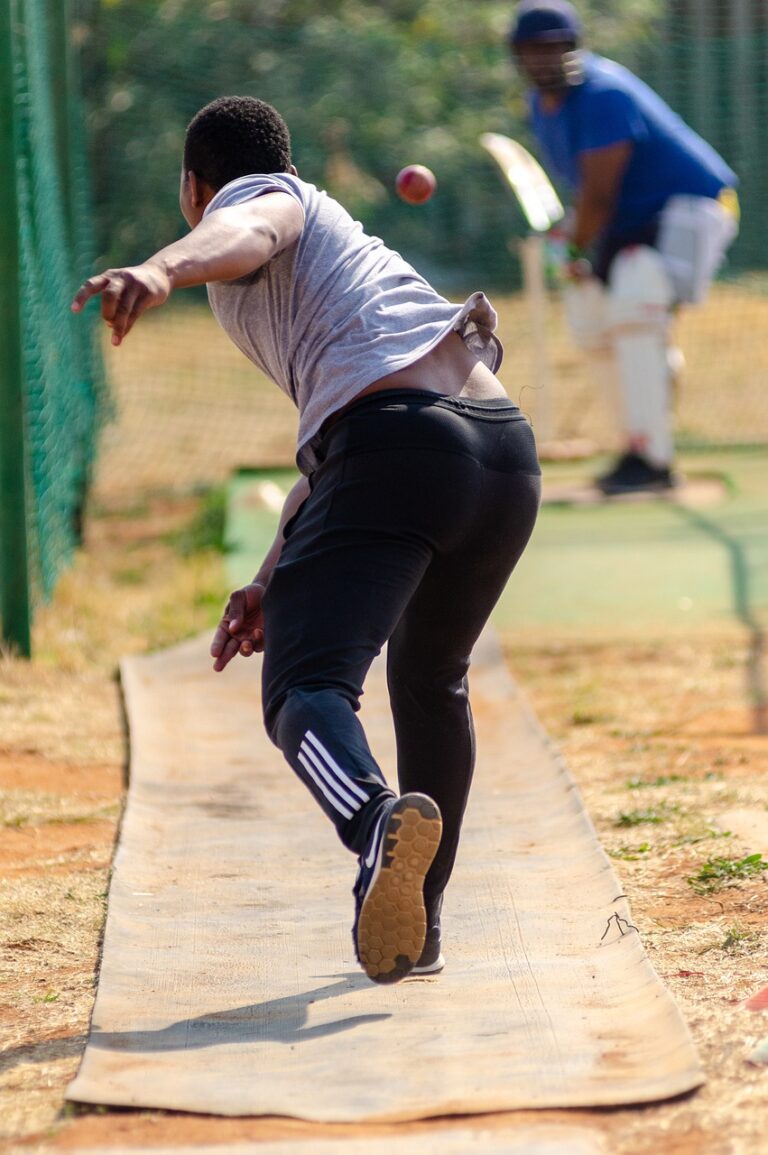The Role of Cricket in Indigenous Cultural Heritage Management
Playinexch, Gold365: Cricket holds a special place in the hearts of many indigenous communities around the world. It serves not only as a sport but as a symbol of unity, pride, and resilience among indigenous people. The game has the power to bring individuals together, fostering a sense of community and belonging that transcends borders and cultural differences.
In many indigenous communities, cricket is more than just a game; it is a way to pass down traditional teachings and values from one generation to the next. Through the sport, elders can impart knowledge about teamwork, respect, and perseverance, instilling important cultural lessons in the youth. Additionally, cricket provides a platform for indigenous people to celebrate their heritage and showcase their unique identity on a global stage.
Historical Roots of Cricket in Indigenous Culture
Cricket holds deep historical roots in the indigenous cultures of various communities around the world. The sport has been embraced and integrated into indigenous traditions as a means of fostering unity, strength, and connection with both the land and ancestors. Through cricket, indigenous peoples have found a platform to not only showcase their athletic abilities but also to preserve their cultural heritage and pass down traditional knowledge to future generations.
The rich history of cricket in indigenous culture highlights the importance of the sport as more than just a game. It serves as a reflection of the values, beliefs, and resilience of indigenous communities throughout history. By participating in cricket, indigenous peoples are able to uphold their unique identities, promote cultural pride, and strengthen their sense of belonging within their communities.
Cricket as a Tool for Preserving Traditional Knowledge
Cricket holds a unique place among indigenous communities as a medium for preserving traditional knowledge. Through the game, various cultural practices, beliefs, and stories are passed down from one generation to the next. Young players learn about their heritage, values, and traditions while engaging in the sport, creating a sense of connection to their ancestors and the land they inhabit.
In many indigenous cultures, cricket is not just a game but a way of life that embodies the community’s ethos and identity. The rituals and customs associated with cricket reflect the deep-rooted traditions and wisdom of the elders, ensuring that important cultural heritage is safeguarded and transmitted through the generations. Through the spirit of camaraderie and teamwork fostered by playing cricket, indigenous peoples are able to both celebrate their heritage and impart invaluable knowledge to the youth, fostering a strong sense of belonging and pride in their roots.
How does cricket play a significant role in indigenous communities?
Cricket serves as a means of connecting indigenous communities, preserving cultural traditions, and passing down traditional knowledge from generation to generation.
What is the historical significance of cricket in indigenous culture?
Cricket has deep roots in indigenous culture, dating back to ancient times when it was played as a ritualistic or ceremonial activity. It has since evolved into a popular sport that continues to hold cultural significance for many indigenous communities.
How does cricket help in preserving traditional knowledge?
By participating in cricket, indigenous individuals have the opportunity to learn about their cultural heritage, customs, and values. Through the sport, they can keep traditional knowledge alive and ensure that it is passed on to future generations.







